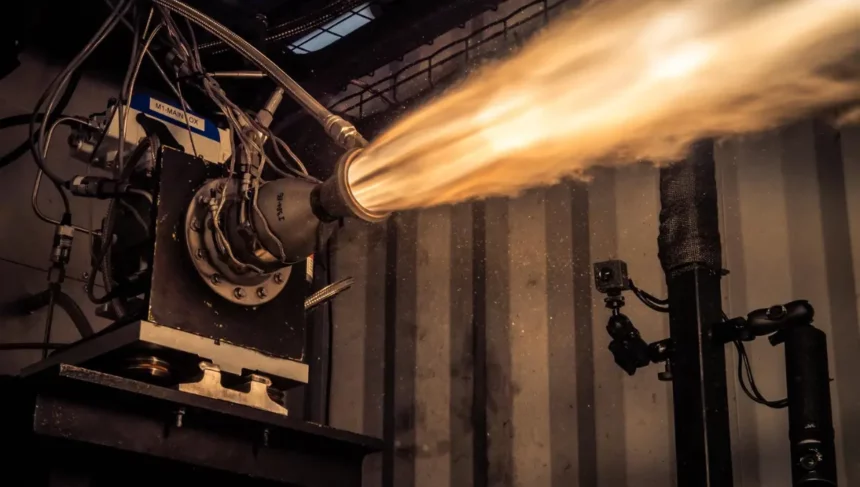The Japan Aerospace Exploration Agency (JAXA) is teaming up with a company called Interstellar Technologies to boost space business. They’ve made a deal to give Interstellar Technologies first pick for future contracts. This is part of JAXA’s plan called JAXA-SMASH, which helps small and medium-sized businesses and startups in space.
The JAXA-SMASH initiative
This partnership goes beyond just Interstellar Technologies. JAXA has also made deals with Space BD and Mitsui Bussan Aerospace, which are both into using space for business. These agreements show that JAXA is serious about helping private companies that can launch satellites made for its small satellite missions. This means these companies will get first dibs when it comes to getting contracts in the future.
Japan aims to launch about 30 rockets every year, including ones for government and private use, by the early 2030s. This plan fits with their bigger goal of using a large fund to improve innovation, independence, and competitiveness in space.
Interstellar Technologies: Pushing Boundaries
Interstellar Technologies plans to launch its orbital ZERO rocket in 2025. This rocket will be 32 meters long and have a diameter of 2.3 meters. It will have nine engines in the first stage and one engine in the second stage. Eventually, it could carry up to 800 kilograms of payload to low Earth orbit (LEO) using liquid biomethane fuel and liquid oxygen.
“Space technology is complicated, and there aren’t many chances to test new ideas, which slows down how much we use space and grow industries related to it. JAXA-SMASH is a great chance to show off new satellite technology and overcome these obstacles,” explained Takahiro Inagawa, CEO of Interstellar Technologies.
Initial Test
As mentioned before, Interstellar Technologies successfully tested a prototype rocket engine that runs on liquid biomethane made from cow manure. They did a series of “Static Fire Tests” for their ZERO launch vehicle rocket at the Hokkaido Spaceport’s Launch Complex-0 in Taiki, Hokkaido. During the test, the engine produced a strong horizontal flame in blue and orange colours for about 10 seconds. The biomethane they used came from cow dung collected from nearby dairy farms, showing the promise of using this source as an eco-friendly fuel for rockets.

This green rocket fuel is the result of a collaboration with Air Water, a company in Japan. Air Water has set up a local system in the Hokkaido Tokachi area where they turn biogas from livestock waste into liquid biomethane. Farmers in the area help out by using special equipment to change cattle manure into biogas, which Air Water then processes into rocket fuel.
Zero Rocket uses both liquid biomethane and liquid methane as fuel, which is a good mix because it’s cheap, works well, is easy to find, and doesn’t harm the environment much.
Interstellar wants to offer rocket launches at a competitive price of less than 800 million yen, which is about $5.2 million. They plan to keep the cost down to $6,500 per kilogram for getting stuff into low Earth orbit, thanks to their efficient development and manufacturing process.
The worldwide situation
Japan is not alone in trying to boost its commercial space launch sector. Other countries like Europe, China, and India are also working hard to grow their space industries. For example, the European Space Agency picked five companies to test new technologies on their flights. China and India are also taking steps to make their space industries more influential globally.
The next few years could change the space industry a lot. Programs like JAXA-SMASH are bringing in new commercial space companies, opening up lots of chances for new ideas and easier access to space.









